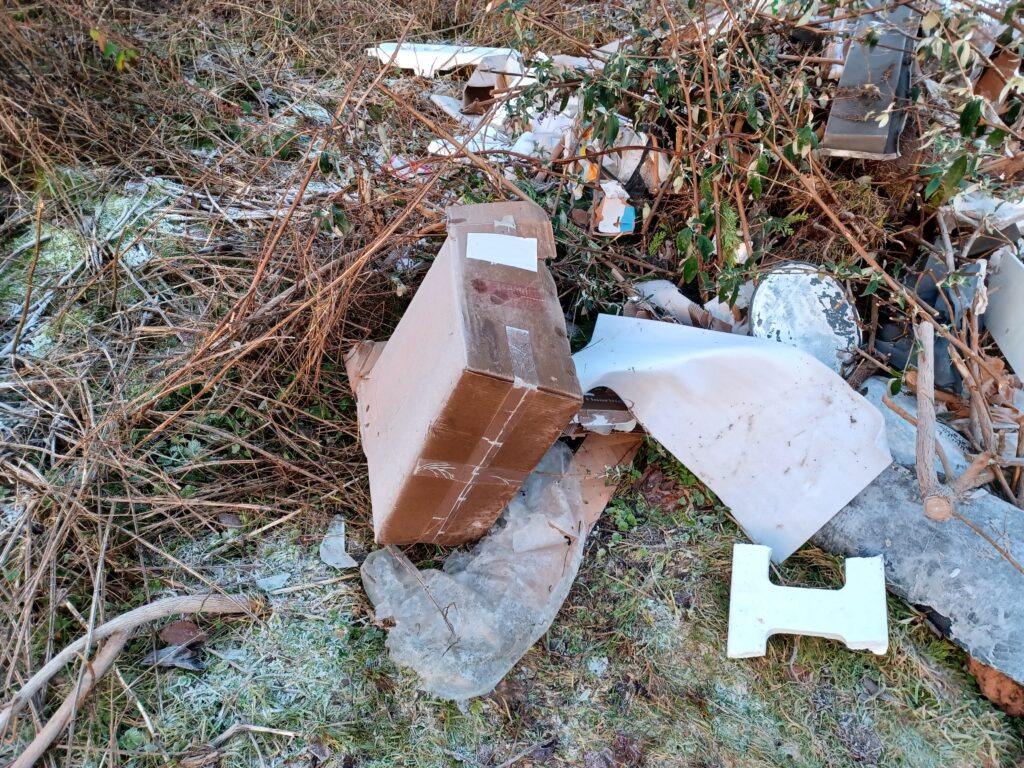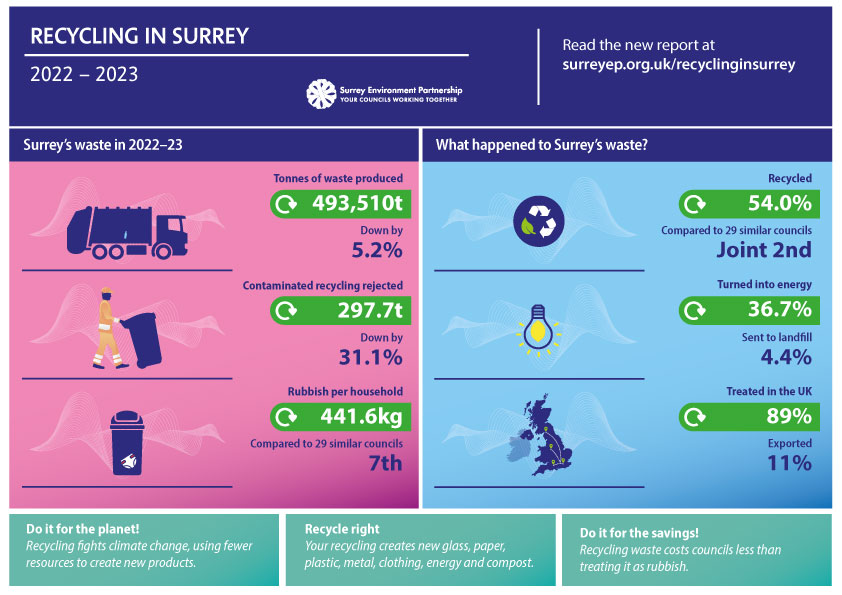The fact that the Chancellor chose to highlight this in his Budget documents may offer encouragement to many companies and local authorities in the waste and recycling sector who feel they are constantly dogged by planning difficulties. However, experts consider that many of these approvals are for small facilities or simply extensions to existing ones rather than major infrastructure projects.
” There has been a shift away from landfill towards investment in alternative waste management options“
– Budget 2005
In its protecting the environment section, the Treasury states: “It is too early to reach a conclusive view on the changes in waste management investment since April 2003, however initial analysis of waste management planning decisions suggest that there has been a shift away from landfill towards investment in alternative waste management options.”
Detailing planning decisions in England, the report explained that 52% more waste treatment sites had been approved between 2002 and 2004.
And for composting facilities, the figure was even higher, with 55% more plants being approved between 2002 and 2004. For landfill sites however, the number of approvals for planning consent fell by 14%.
But the report was quick to point out the government “recognises that further investment in alternatives to landfill is still required.”
Landfill Tax
In the environmental taxes section of the Budget documents, the Chancellor confirmed that the Landfill Tax would rise by 3 a tonne to 18 a tonne from 1 April 2005.
The increase last year was 1, but the tax will now increase by at least 3 a tonne every year until a rate of 35 a tonne is arrived at in the medium-to-longer-term.
In his 9th budget Mr Brown clearly felt that Landfill Tax increases were having the desired effect.
The report states: “These increases appear to be having a positive effect, with waste being sent to landfill falling and greater investment in alternative waste management options.”
It added: “Increasing the rate on active waste is one of a number of measures to help put the UK on course to achieve the targets of reducing biodegradable waste landfilled in 2010 to 75% of that landfilled in 1995.”
In the report's full assessment of the Landfill Tax – which was introduced in October 1996 – it said that the total volume of waste going to landfill fell by almost 20% between 1997 and 2004. But since the announcement in 2003 of plans to increase the Tax, the amount of waste disposed of in landfill decreased by over 4%.
Along with this, inert waste going to landfill fell by 60% or, allowing for the fact that some of this material may have been reclassified as exempt, there was still an overall reduction of at least 16 million tonnes from 1997-2004.
The Budget also pointed to the success of the Landfill Tax Credit Scheme – the initiative which uses Landfill Tax funds to invest back into nature, parks and biodiversity. The Chancellor announced that the government will increase the value of the scheme in-line with inflation to 49.7 million.
Summarising its commitment to waste and recycling, the budget reasserted the fact that “improving waste management, so that resources are used more efficiently and waste is reused or recycled to deliver economic value” is one of the four key environmental challenges for the government.
Aggregates
Elsewhere in the environmental taxes section of the budget, the Aggregates Levy – the tax on the use of primary aggregates – was frozen at 1.60 a tonne for the second year in a row.
| Related links: |
The report justified the freeze by stating that: “Sales of primary aggregate in Great Britain fell by eight percent between 2001 and 2003 against a background of buoyant construction growth, and recycled aggregates are increasing.”
Last year, the chancellor reported that the use of primary aggregates had decreased by 5.7% between 2001 and 2002.











Subscribe for free